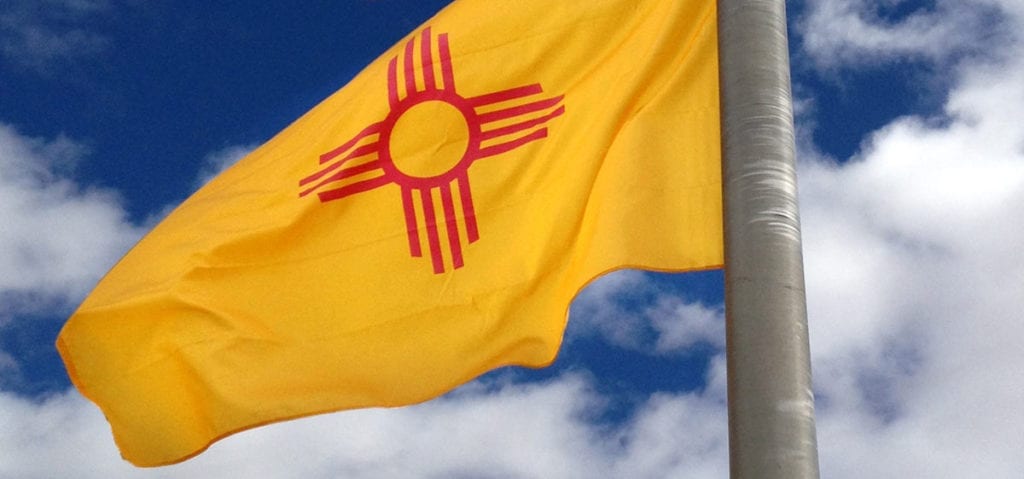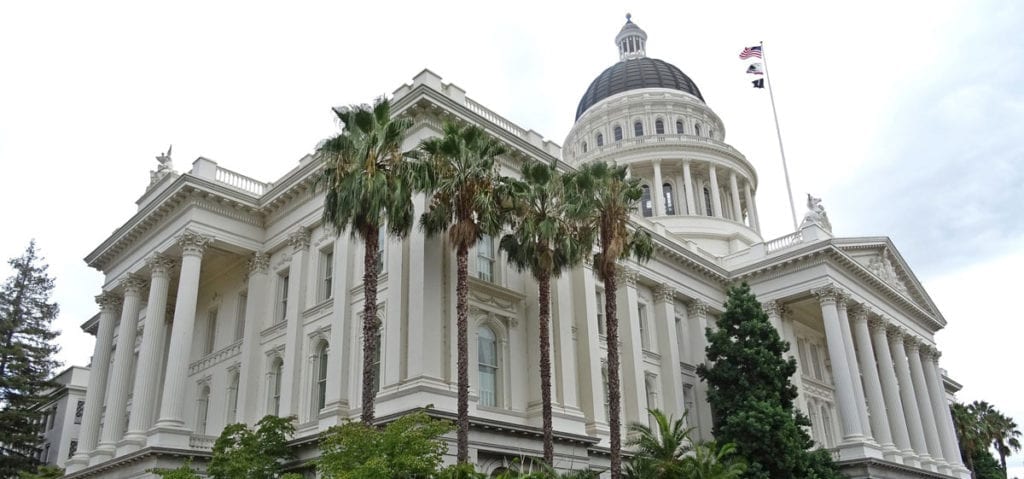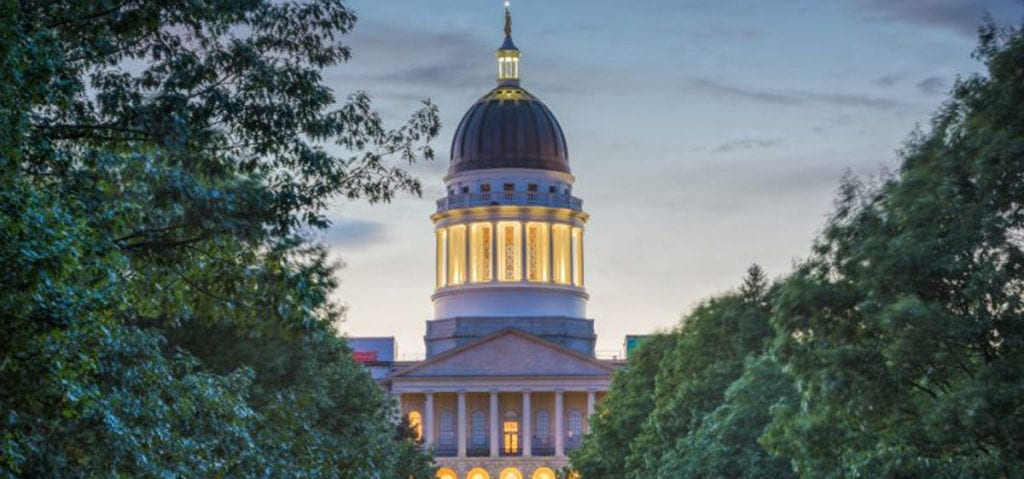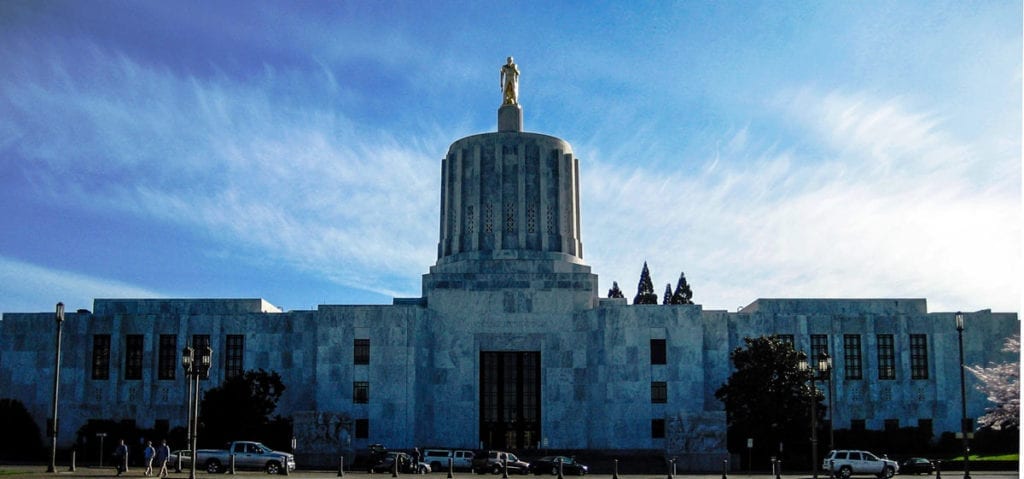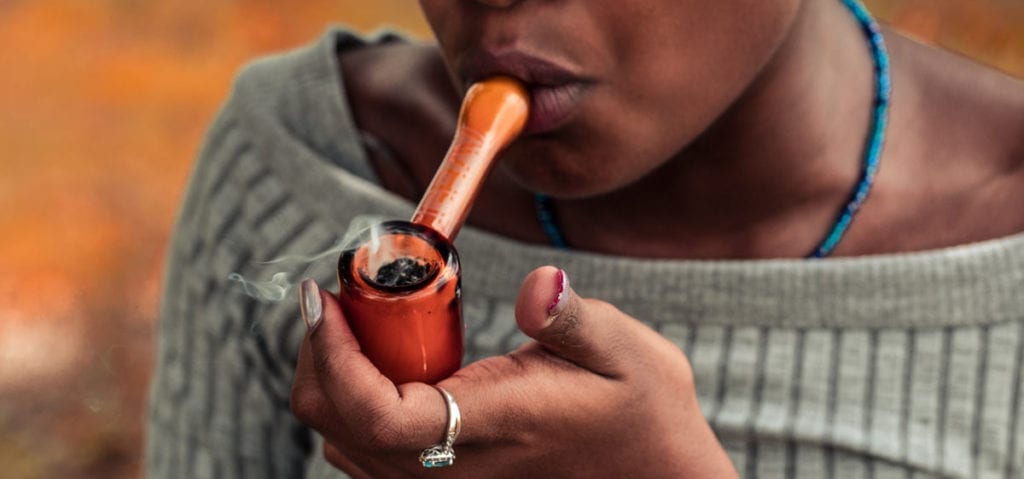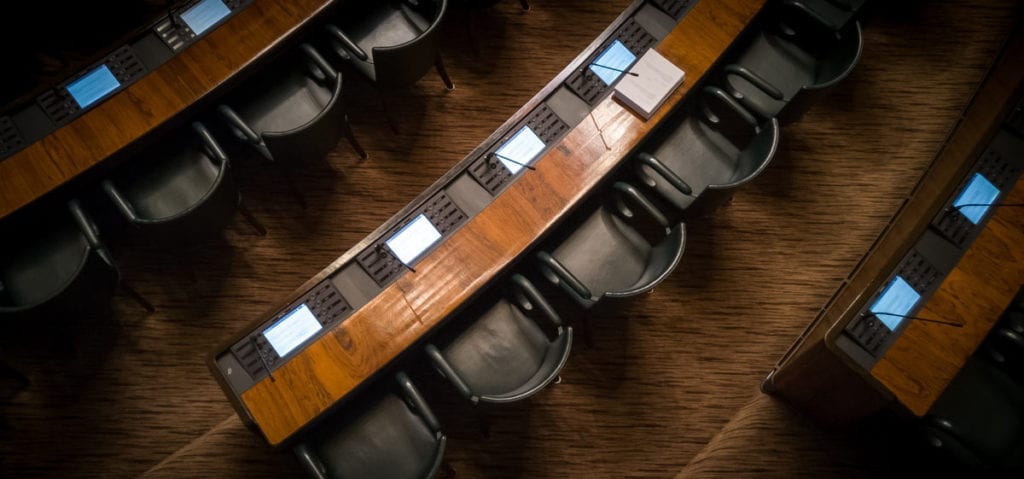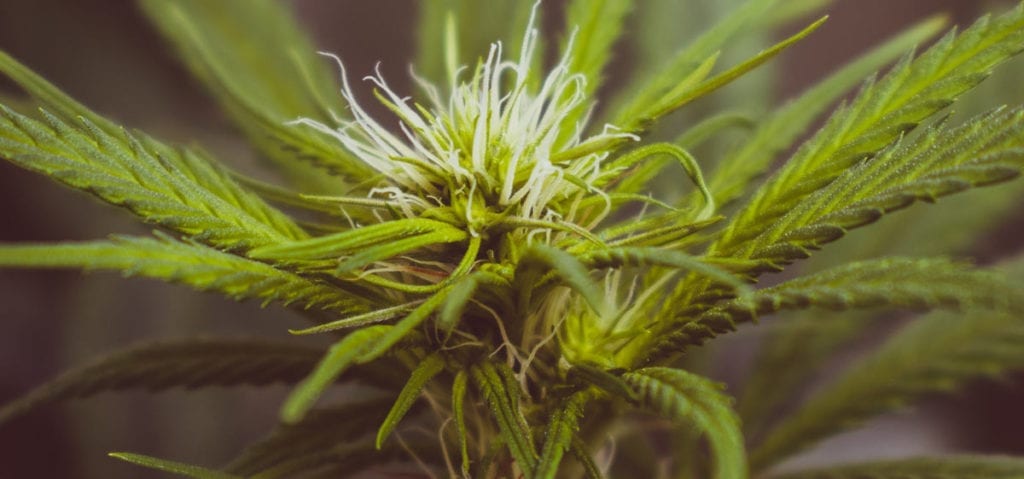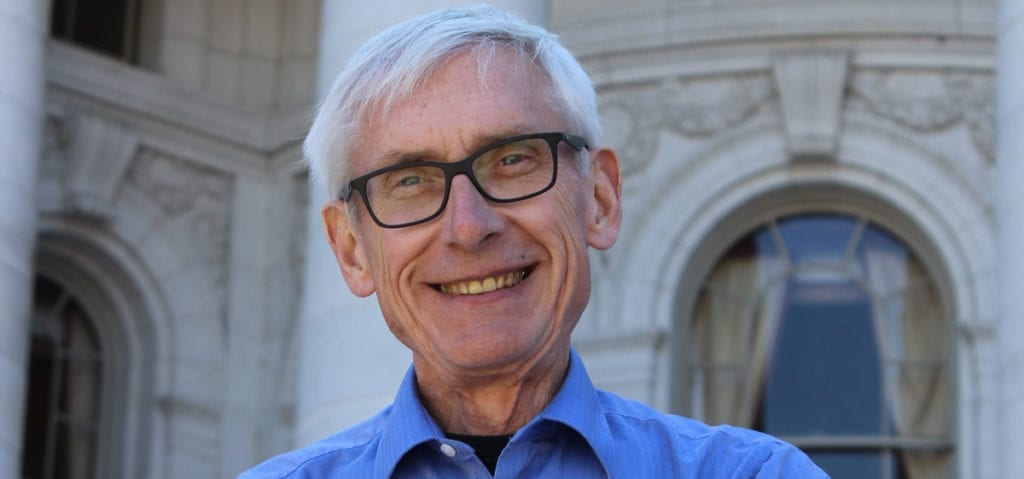Don Andrews is a serial entrepreneur who owns multiple smoke shops and ancillary cannabis retailers in upstate New York. Don’s latest project, Upstate CBD, is launching soon as the state’s first CBD brick-and-mortar retailer that will offer a host of different products including CBD-rich hemp flower.
Don recently joined our host TG Branfalt to discuss his entrepreneurial journey and the hardships he’s faced both as a minority business owner and working adjacent to the highly stigmatized cannabis industry. In the interview, we learn about Don’s strategy for persevering through prejudice, how he builds friendships with his customer base, and why he works only with local artists and refuses to sell imported glass products.
Check out this Ganjapreneur.com podcast episode via the player below or keep scrolling down to read through a full transcript of the interview!
Listen to the interview:
Read the transcript:
Commercial: At Ganjapreneur, we have heard from dozens of cannabis business owners who have encountered the issue of canna-bias, which is when a mainstream business, whether a landlord, bank, or some other provider of vital business services, refuses to do business with them simply because of their association with cannabis. We have even heard stories of businesses being unable to provide health and life insurance for their employees because the insurance providers were too afraid to work with them. We believe that this fear is totally unreasonable and that cannabis business owners deserve access to the same services and resources that other businesses are afforded, that they should be able to hire consultation to help them follow the letter of the law in their business endeavors, and that they should be able to provide employee benefits without needing to compromise on the quality of coverage they can offer. This is why we created the Ganjapreneur.com business service directory, a resource for cannabis professionals to find and connect with service providers who are cannabis-friendly and who are actively seeking cannabis industry clients.
If you are considering hiring a business consultant, lawyer, accountant, web designer, or any other ancillary service for your business, go to Ganjapreneur.com/businesses to browse hundreds of agencies, firms, and organizations who support cannabis legalization and who want to help you grow your business. With so many options to choose from in each service category, you will be able to browse company profiles and do research on multiple companies in advance so you can find the provider who is the best fit for your particular need. Our business service directory is intended to be a useful and well-maintained resource, which is why we individually vet each listing that is submitted.
If you are a business service provider who wants to work cannabis clients, you may be a good fit for our service director. Go to Ganjapreneur.com/businesses to create your profile and start connecting with cannabis entrepreneurs today.
TG Branfalt: Hey there. I’m your host TG Branfalt and you are listing to the Ganjapreneur.com Podcast where we try to bring you actionable information and normalize cannabis through the stories of Ganjapreneurs, activists, and industry stakeholders. Today I’m joined by a very close friend of mine. His name is Don Andrews. He’s the owner of Vape City in Scotia and Albany, New York. He’s opening Upstate CBD in Schenectady. Don opened his first location at 23 years old. His second in Albany three years later. But shortly after opening his first shop, he was set up by a confidential informant, falsely arrested although the charges were ultimately dropped, and we’ll talk about that a little bit. Now he’s working on his next project, which is Upstate CBD, which will focus on CBD products, including CBD flower. One of the first locations in New York to really focus on the sort of thing.
How are you doing this afternoon, Don?
Don Andrews: I’m doing good.
TG Branfalt: So tell me about yourself, man. I know a lot about you. We’ve spent a lot of time together. But tell the listeners about you. What’s your background? How’d you end up in the cannabis space?
Don Andrews: So I was always big on glass. I was always a cannabis connoisseur I guess you could say. I used to go to festivals. I mean, I still do. And one day I was at I want to say it was Hemp Fest or Harvest Fest I believe in Socrates, New York. So I went there and met a couple people when I was there, and a couple glassblowers at that, and they were giving me information on wholesale, wholesale glass and things like that. So I’ve always wanted to get into the industry, and I always thought it would be cool to open up my own shop one day. So I went to these festivals and stuff, and I linked up with a bunch of different dudes who helped me point me in the direction I should go. One day, man, I just did it. I went on Craigslist, found a storefront, which is pretty reasonably priced for the area. Met the landlord, spoke with him. He was cool with me opening up a smoke shop and everything else. I just went for it, man, and I did it. Here I am today.
TG Branfalt: What were some of the initial hurdles that you faced opening up this shop?
Don Andrews: So I opened up the shop, everything was cool when I initially opened up the store in Scotia. I was probably in business I want to say for about a year, and then actually I want to say less than that, about six months into business there was a petition. There was a petition through the Village of Scotia, and they had tried to pretty much drive me out of Scotia saying that the smoke shop wasn’t what they wanted in their community and saying that my bright lights, which would be my signage is advertising for kids to come in and buy glass under age and stuff like, which wasn’t the case. So I had to deal with that. There was that petition. They tried to get me out of there.
TG Branfalt: How did you convince them to let you stay in business?
Don Andrews: Honestly, man, that petition, they had to get half of the town to even sign it in order for it to even work. Obviously everybody’s for cannabis, for the smoke shop, for glass and all that stuff like that, so they didn’t even have a quarter of the people to sign that petition to drive me out of there.
TG Branfalt: So I know but a lot of other people might not know. I mean, there’s a lot of smoke shops in upstate New York, in that area. What did you do and what have you done to rise above all the other smoke shops in that capital region?
Don Andrews: One, I tried very, very hard to keep my customers happy and to please them. I stay stocked up on all the top products. I go to these shows that keep my updated with all the products, all the new products that come out every year. So I go to these shows. I’m able to stay up to date with all this product. So I’m constantly coming in with new product. I’m constantly keeping my customers happy, and I engage with my customers. I have full convos with them. The customers are my friends pretty much. You know what I’m saying? They come in, they know me, they know me very, very well, and that’s just how that happened, man.
TG Branfalt: So I want to talk to you briefly about one of the biggest hurdles that I know you faced going into business. Shortly after opening up that Scotia, you were set up by a confidential informant. You were arrested under the suspicion of selling crack. Later completely exonerated. This arrest drew national attention after you were released and the video was released showing the set up. So let’s talk about sort of the initial impact on your business. What happened following your arrest at your store?
Don Andrews: Yeah. So when all that stuff had went down with me getting arrested and actually being released about a week later, I came back down to the Scotia store to check on things and clean things up. They kind of made a mess when they came in. They destroyed my place, and when I was down there, I had my neighbors, which are other business owners, they would come in. They wanted to know what the heck was going on. So I had to explain to them what was going on, and the case that I was pretty much set up. They said to me, they go, “I’m glad you were released and you didn’t do this because we don’t want things like that in our community,” which who does? Who would want anything like that in their community? It was just crazy that I had to even go through this and I had to present myself to my neighbors, to my community, and I had to be the face and be like, “Yo, I didn’t do that.” You know what I’m saying? So that was one hurdle that I had to jump through, which was getting everybody in the community to know that I actually didn’t do it.
Even though they released it saying that I wasn’t, that I didn’t do it, there was still comments and stuff on the videos and stuff that went national. There was some negative comments. There was positive comments. Then the negative comments, stuff like that, that’s stuff that can hurt you in the long run. You know what I’m saying? And you still if you Google my name and you pop it up, if you Google my full name, that’s what pops up. That’s what’s shown on Google. It shows nothing positive about me. It’s just all how I was set up, this, that, and the third. Confidential informant. It was just crazy everything that I had to go through. But luckily I have multiple cameras in my store, which prove my innocence.
TG Branfalt: So in talking about these cameras, you were exonerated because of your own security cameras. As people who followed the story know, the prosecution, the sheriff’s office, whoever, they actually didn’t want to admit these cameras into evidence. How important is it for business owners to have and maintain a working security system in what is seen as a risky industry?
Don Andrews: Yeah, it is very, very important, especially nowadays. Just anywhere. You need cameras at your freaking house. You never know what can happen, but being a business owner, you definitely need to have cameras. Anything can happen, especially in the industry that I’m in.
TG Branfalt: Now, do you think that … I know there’s sort of a lot of layers to this story that you had sort of a, not a history with the CI but he had known of you and you had known of him. You had went to the same school. Do you think that you were targeted because of your business in Scotia, which is conservative, small town, or because you were young, black entrepreneur who must be doing something illegal?
Don Andrews: Yes, I feel that both of those had a role in what happened, but mainly it was because of me being one of the only black business owners in the Village of Scotia. And they didn’t like that. From what I hear is Scotia wanted, they wanted me out. You know what I mean? Schenectady County, they wanted me out of there. They didn’t want to see a young, black entrepreneur do good. They thought because of this skin color that I have that I was doing something illegal, which is absurd.
TG Branfalt: So I want to switch gears. About the time you open your second shop in Albany, you changed your name from Dabb City to Vape City. Two questions. Why did you decide to change the name, and can you describe that rebranding process? How did you make sure that people didn’t lose track of you?
Don Andrews: Yeah. Well we started to get heavily into the vape scene I want to say roughly about 2016 through 2017. The logo Vape City is just very eye-catching and it gets a lot more people to come in who actually don’t smoke and who vape. And one of the main reasons why I actually had to change it is because there’s another shop based in California, and we actually opened up our businesses literally the same exact time. He had his name trademarked before I trademarked mine. So it was just a long thing that me and him were going back and forth and back and forth, and I would have had to buy flights and go out west just to deal with the legality of things. So I just decided to actually change the name and actually it worked out for the better. All of my customers, like I said, I make friends. I’m good friends with all of my customers. I take care of them very, very well. So me changing the name I don’t think was a huge … would be a huge hit in business, me switching the name over.
TG Branfalt: A couple years after you opened your first shop, you decide to expand. You decide to expand to a second shop in Albany proper. Again, a real sort of tight market, an aggressive market. There’s a lot of sort of inundated shops there already that have been there for a long time. What were your considerations when you decided to expand to a second shop, and what were some of those challenges?
Don Andrews: Albany in the area that I’m in, it’s a huge college town. There’s lots of college students, and just the area that I picked, that I chose, there’s a lot of traffic going through the area. There’s a lot of walkers, there’s a lot of cars riding by, and especially after five, it gets really, really busy in that area. And I had to go through the city. I had to go through the board. I had to get approved to even open the store there. That was a whole process. And I had also had to keep in consideration all the other shops that are nearby to my Albany location. So I had to be one step ahead in the game and have the up to date on all these products and just have all this stuff on my shelves that these other shops don’t have.
TG Branfalt: And something that I know you focus on is you don’t have any, if at all, imported glass. Is that something that you feel sets you apart from other shops or why do you have that mindset to keep sort of American made glass in your shops as opposed to a lot of those imports that you see?
Don Andrews: Yeah, I mean, if you go … You can go to a lot of … There’s a lot of shops that carry a lot of import glass. You go to gas stations, they carry import glass. You can go to a couple of shops down the street from me, which carry import glass. I like to work one on one with the artist. I’d rather support the artist than buy a bunch of import glass. That’s not quality stuff that people are looking for. Me, as a smoke shop owner, I’m putting things on the shelf that I would want to walk into a store and see quality glass, thick, nice things, not the cheap, thin stuff that can just break very easily. And that’s what I feel keeps me set a part too from the shops as well because I always have customers coming back telling me how good my glass is compared to some of their other pieces that they may have bought at my competitor shops.
TG Branfalt: So now you’re entering the cannabis space proper — I’m super proud of you, man, just sort of as an aside — with the Upstate CBD project, what pushed you in this direction? Was it the Federal Farm Bill that was recently signed that basically legalized most hemp products throughout the United States? What’s sort of your through process? How’d you end up focusing on this now?
Don Andrews: So my one store in Scotia, I had a lot of requests coming in for CBD, and I was also getting a lot of phone calls from distributors who sell CBD. So I took on some of those CBD products that some of these distributors were calling me and sending me. And I put it on the shelf, and customers love it. Customers come in and they say it relieves their anxiety, relieves their stress. Some people they like to smoke but they don’t … When they smoke, it gives them anxiety. So the CBD just kind of takes away all of that feeling from them completely. So getting into the Upstate CBD, it was just more or less me wanting to move forward more into the cannabis industry, and that’s kind of a foot in the door when legalization happens in New York.
TG Branfalt: How are you planning or already managing the risk associated with selling flower products that, to many people, look no different from THC-rich flower?
Don Andrews: Right. It looks very, very similar. For instance, like our CBD hemp flower that we carry, it looks just like regular, rich, top shelf cannabis. All of the products that we carry are going to have third party lab results, and everything is going to be under that 0.3 limit for the Hemp Law. So on all of our packaging, we will have all that information on the packaging that’s going to be able to explain what’s going on, what’s in the product, how much THC is in the product, how much CBD is in the product, and that’s huge because if you don’t have that information on there, people can easily get confused between the two.
TG Branfalt: So in a lot of ways, it was customer demand that sort of lead you to the standalone sort of business model.
Don Andrews: Yes. I would say.
TG Branfalt: Is there any sort of concern for you being sort of … Your history with law enforcement, not that you did anything, and then how Scotia was sort of butting heads with you in the beginning. I mean, are you nervous at all that some regulator is going to come into your shop, not know the difference, and you’re going to end up in some trouble with this?
Don Andrews: Yes, and that is what I have to prepare myself for. I have to prepare myself for a regulator coming in being like, “Okay. This and this isn’t the right way.” I have to prepare myself. I’ve spoken to my lawyers. I have my lawyers on standby and things like that. So when something like that does happen, I have everything ready for it and ready to go.
TG Branfalt: So you’re likely going to have a first mover advantage in New York’s nascent CBD market. In Vermont, you’re probably familiar, you can buy CBD basically everywhere. They’ve had a really sort of bolstered hemp program for a lot of years now, a sort of gray market when it comes to really good CBD. How do you plan on marketing and informing the uninitiated about your products? So people who don’t know what CBD is, how are you going to market and inform those people?
Don Andrews: So at the new location at Upstate CBD, I’m going to be holding classes. We’ll have classes on all of the product that we carry, and we’ll have just your basic general classes to inform people on what CBD can do for you, and not only for you, for your pets. It’s a great thing, and I feel like a lot of people are going to want to come in and get educated on CBD. And I’m going to be marketing classes for CBD products at my location, which I feel like is going to be a hit.
TG Branfalt: So is part of your sort of early thought process here, it seems like it’s also community building?
Don Andrews: Yes.
TG Branfalt: How important has that been to you since you’ve opened your first shop, since you’ve been in business?
Don Andrews: It’s very, very important to stick with the community. The community kind of leads you in which way you should go. If it wasn’t for the community saying this, saying that, it would be all up in the air. You know what I’m saying? So the community, they let me know. They’re like, “Okay. We want CBD. We want this. We want that.” There’s nothing in Schenectady that caters to CBD products. Like you can’t go anywhere … You can’t go into a normal shop and be able to get literally the lowdown on everything about CBD, which I feel is going to put me aside from a lot of different shops and things like that.
TG Branfalt: How hard have you worked to understand the nuances of CBD? What’s that sort of journey been like for you?
Don Andrews: It’s been great, man. Ever since I got into CBD, I’ve been doing nothing but educating myself on the product. I’ve read multiple books on it. Multiple books on CBD. I’m actually going to a couple CBD expos. There’s some out west. There’s some on the East Coast. And I’m just starting to get into the expos and stuff like that, which are going to give me a lot more knowledge and things like that that I can actually bring to Upstate CBD and include all that information in my classes and stuff like that to get everybody up and hip on CBD.
TG Branfalt: So sort of changing gears a little bit, there aren’t many minorities at the head of the table in the cannabis space. Would you mind offering your perspective on this issue?
Don Andrews: Yeah, I mean, as far as minorities and being in the cannabis industry, at the head of the table, I feel like being a minority is tough to do things properly with anything, not even just in the cannabis industry, with any business. It’s a little bit harder just by the way we’re looked at and judged. So being a minority in it, I kind of just put all that to the side, man, I kind of just keep pushing forward, and I keep thriving, man. I just keep doing it.
TG Branfalt: In some legal states, they’ve set up what are called social equity programs. They’re designed to provide sort of reparations for individuals in communities that have been impacted most on the war on drugs. One of New York’s legalization bill, the one that’s probably going to be voted on, introduced in the House, voted … Introduced in the Senate, voted on in the Senate, includes an equity and incubator program. Basically saying that we’re going to set up a business incubator for minority-led businesses. I know you pretty well. You’re not an active advocate if you will. But would you advocate for some of these licenses in the cannabis industry to be set aside for these communities and individuals?
Don Andrews: Yes, most definitely. I would love to.
TG Branfalt: What advice do you have for young entrepreneurs looking to enter this space, and maybe if you wanted to speak to some of the minority entrepreneurs. You can offer a very distinct perspective.
Don Andrews: Yeah. One, being a minority coming into the business, you kind of got to look at it as something could happen just for being a minority. People look at you differently. People judge you differently. And just being an entrepreneur in general, you have to strive. You got to push forward. You got to keep going, and you can’t look back. I’ve been shot down multiple times. One with this set up. When I got set up, I was like, “I’m done.” I said, “I’m done.” I was going to pack up my shit and I was just going to be done. But then I kept pushing forward and I kept going and I kept going. This is where I’m at today. Just don’t stop. Keep going.
TG Branfalt: Again, man, I said it earlier, we’ve been friends for a while. I have an inside sort of look at … From the moment that you put slot shelves up on your wall, through the arrest, and through the Albany opening, and now through this Upstate CBD opening, which isn’t opened yet but it’s coming. I’m super proud of you, man. I’m really thankful that I do know you. I’m thankful that you came on this show and were able to talk about some of these things because I know that you’re very sort of humble, private human being. So your perspective on this show is really appreciated.
Don Andrews: Yeah, man. Definitely. Definitely.
TG Branfalt: Where can people find out more about you without Googling your name and getting your mugshot? Where can they find out more about Vape City and Upstate CBD?
Don Andrews: I’m currently working on a website for Upstate CBD. I don’t have a website or anything for my smoke shops. I do have a Facebook. I do have an Instagram. You can follow me on Instagram @VapeCity, and you can also follow me on Facebook at Vape City and same for Upstate CBD. Just Upstate CBD for Instagram and for Facebook. And then I will have links in my bio for websites once the websites are up and running.
TG Branfalt: Well done, man. Again, I really appreciate you coming on the show and sort of giving me your insight. We’ll have to talk again once Upstate CBD opens. Maybe I’ll actually come to the shop and we’ll do a podcast from there.
Don Andrews: Yeah, man. Definitely sounds great. I appreciate you, Tim, for having me on the show, man.
TG Branfalt: Thanks again. You can find more episodes of the Ganjapreneur.com Podcast in the podcast section of Ganjapreneur.com and in the Apple iTunes store. On the Ganjapreneur website, you will find the latest cannabis news and cannabis jobs updated daily along with transcripts of this podcast. You can also download the Ganjapreneur.com app in iTunes and Google Play. This episode was engineered by Trim Media House. I’ve been your host TG Branfalt.


